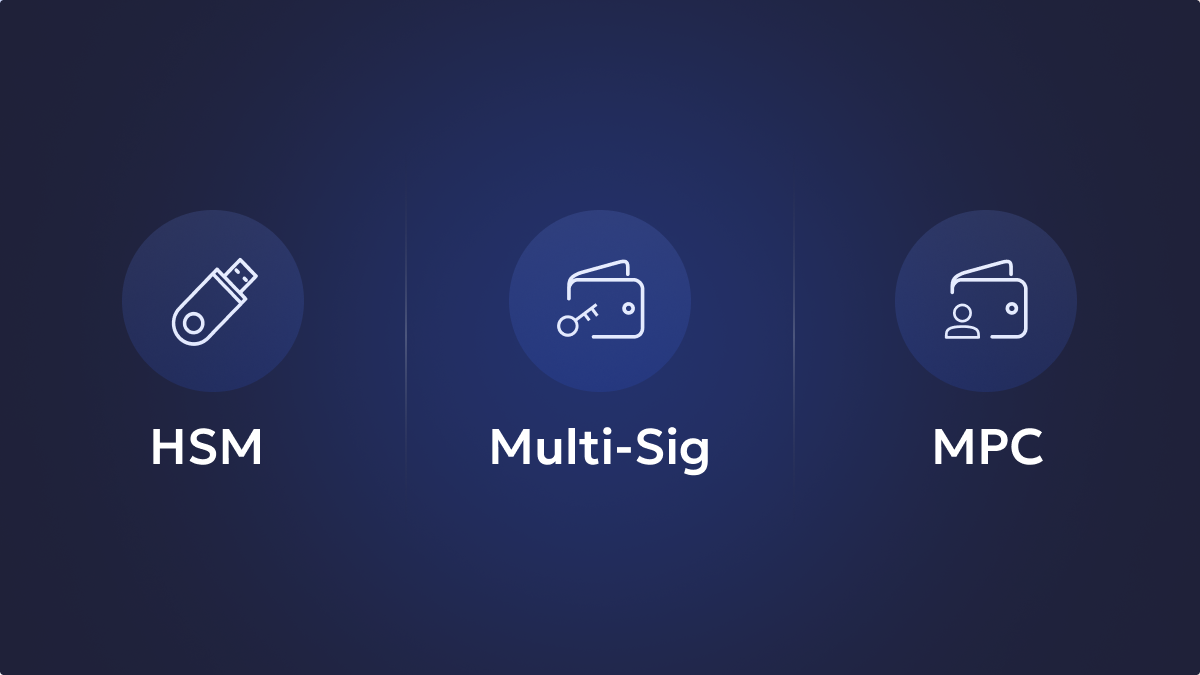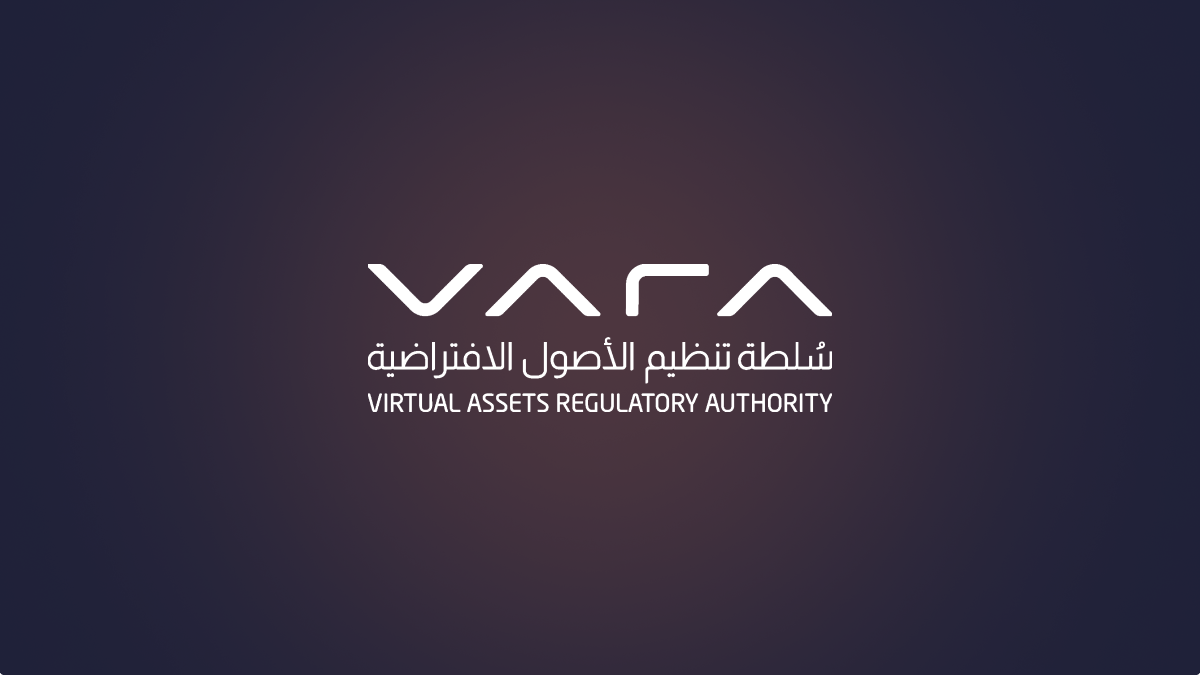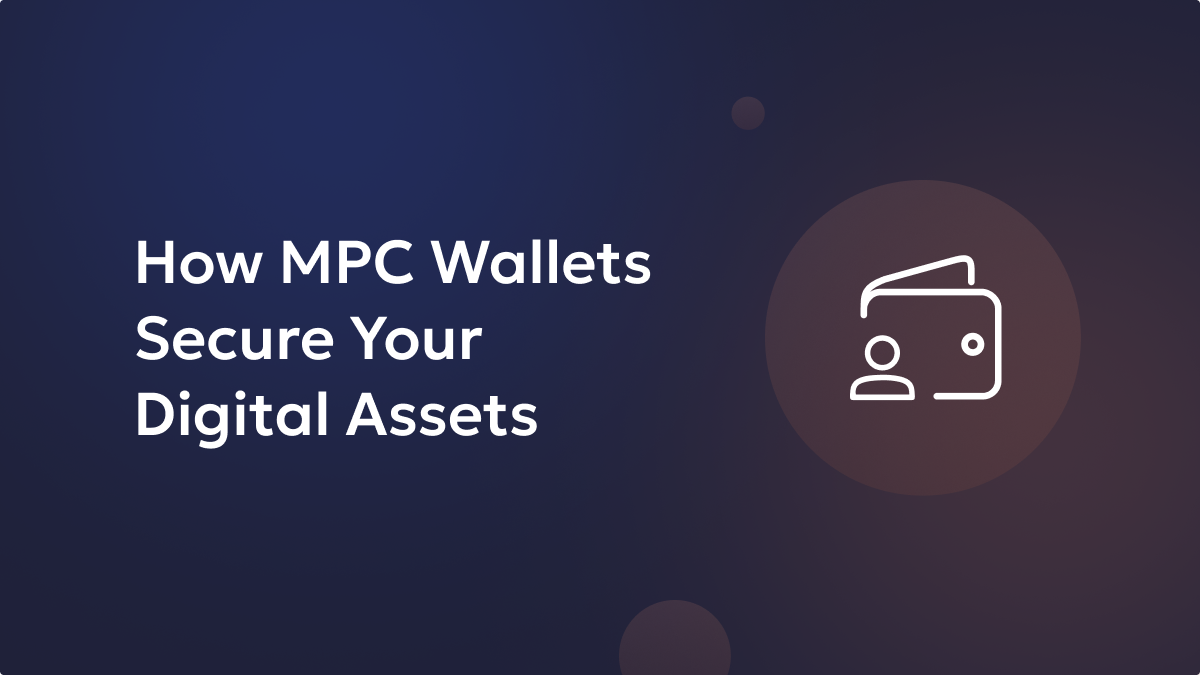Generally, for any financial framework to break down the chain of illegal activities through direct asset transfer, it needs to embed a data-sharing system for both counterparties during transactions. This idea was ideated by the Financial Crimes Enforcement Network (FinCEN) Advisory in 1996 to establish the groundwork for what was earlier termed, “A Bank Secrecy Act (BSA) rule” which is now known as Travel Rule.
The concept was to simply track and monitor the transfer of funds from one party to another party and its intent, to ideally stop it from laundering money and landing in the hands of criminals and terrorists.
First draft of the Travel Rule mandated all financial institutions to carry-forward meta-information to the subsequent institutions concluding key tags to help draw a map of where the funds will eventually end up.
Unlock the potential of digital assets for your institution
Distinguishing Original Travel Rule from Crypto Travel Rule
Comprehending the nature of digital assets and cryptocurrencies, the intergovernmental body of the Financial Action Task Force (FATF), realized the importance of inputting the already existing architecture of sharing information between financial institutions and direct all Virtual Asset Service Providers (VASPs) to implement the Travel Rule for Crypto.
The definition of VASPs is quite broad but in general, FATF covers the following institutional entities under the Travel Rule when and if they participate in:
- Exchange between virtual assets and fiat currencies
- Exchange between one or more forms of virtual assets
- Transfer virtual assets
- Safekeeping and/or administration of virtual assets or instruments enabling control over virtual assets
- Participation in and provision of financial services related to an issuer’s offer and/or sale of a virtual asset
Crypto Travel Rule entailed that any transaction initiated and executed successfully above a certain threshold has to be shared with the complete information of originators and beneficiaries between institutions. The threshold is usually set by each jurisdiction but by default, it starts with tracking transactions above $1000.
Secure and manage your digital assets with Liminal
According to the FATF rule, the following data ought to be shared between VASPs:
- The asset to be transferred (eg. BTC)
- Amount of asset to be transferred
- Information about the Originating Customer. Each country will have different requirements, but generally may include:
- Name
- Account number or blockchain address
- Physical Address
- Identity number eg. National ID number or Passport number
- Information about the Beneficiary Customer
- Name
- Account number or blockchain address

Before the Financial Action Task Force (FATF) made its recommendations in 2019, the travel rule was already in existence for banks and financial institutions to combat money laundering. In 2019, FATF expanded the rule to include the crypto industry, essentially replicating existing anti-money laundering (AML) regulations.
Problem Statement
Throughout the journey of digital assets, money laundering and terror financing have always posed problems in expansion and adoption. Due to their attribute pertaining to the sender’s anonymity and permissionless nature, committing an act of illicit value transfer becomes quite straightforward.
The decentralized and pseudonymous nature of cryptocurrencies creates opportunities to engage in money laundering activities. But it is just a stepping stone and the extent of the problem statement is larger than this.
- Mixers and Tumblers: To obfuscate the trail of transactions, money launderers often utilize mixing or tumbling services. These services pool multiple transactions together and redistribute the funds, making it difficult to trace the original source.
- Anonymous Cryptocurrencies: Certain cryptocurrencies are designed to provide specific privacy and anonymity. Such assets can easily be exploited by money launderers, as it becomes challenging to establish the true origin and destination of funds.
- Exchanges and Off-Ramps: Cryptocurrency exchanges act as gateways for converting crypto into fiat. Money launderers may exploit the lack of robust KYC and AML practices to convert their assets into fiat.
- Cross-Border Transactions: Cryptocurrencies enable seamless cross-border transactions without the need for intermediaries. Money launderers exploit this by moving funds across borders to evade detection and authorities in the absence of a centralized authority or regulations in place.
Crypto Travel Rule: A Necessity Than A Regulation
Travel Rule as a means of regulation precedence can bring out systemic cutdown in the usage of cryptocurrencies or Virtual Assets(VAs) for the purposes of money laundering. Imposing these regulations at the very top layer of institutional information transfer will restrict user activity impetuously.
Putting the VASPs under due diligence for each activity or transaction can truly mitigate the high-risk intents since institutions will not only have to share information with each other but will also track the trail and report an incident in case they find any disparities.
But, on a bigger scale, here’s how the Travel Rule helps put a cap on money laundering:
- Enhanced Identifications: The Travel Rule mandates VASPs to collect and verify customer information, including the originator and beneficiary of virtual asset transfers. This requirement helps bridge the gap in identifying the real-world individuals behind pseudonymous crypto transactions. By establishing a clear link between virtual asset transfers and the involved parties, it becomes more challenging for money launderers to hide their identities.
- Information Sharing: Under the Travel Rule, VASPs are required to share transaction information with each other, such as originator and beneficiary data, as well as transaction amounts. This sharing of information enables a comprehensive view of transaction flows, allowing authorities to detect suspicious activities and track the movement of funds across VASPs. It enhances collaboration and information exchange among VASPs, making it harder for money launderers to exploit multiple platforms.
- Improved Transaction Monitoring: The Travel Rule facilitates better transaction monitoring capabilities. By collecting and sharing customer information, VASPs can implement robust transaction monitoring systems that can flag and analyze potentially suspicious activities. Enhanced monitoring tools help identify patterns, detect anomalies and trigger investigations into potential money laundering activities. This proactive approach strengthens the ability to prevent and detect illicit transactions.
- Cross-Border Cooperation: Money laundering often involves cross-border transfers of funds. The Travel Rule promotes international cooperation and standardization by requiring VASPs in different jurisdictions to exchange transaction data. This cooperation allows authorities to track the flow of virtual assets across borders, making it harder for money launderers to exploit jurisdictional boundaries and evade detection.
- Regulatory Compliance: By establishing a clear regulatory framework, the Travel Rule ensures that VASPs adhere to robust anti-money laundering (AML) and know-your-customer (KYC) standards. Compliance with these regulations strengthens the overall ecosystem by reducing the potential for money laundering activities. It also fosters trust among VASPs, financial institutions, and regulatory bodies, creating a more secure environment for virtual asset transactions.
In summary, the Travel Rule addresses the challenges of money laundering in virtual assets by enhancing identifications, promoting information sharing, improving transaction monitoring, facilitating cross-border cooperation, and enforcing regulatory compliance. These measures create a more transparent and traceable ecosystem, making it increasingly difficult for money launderers to exploit virtual assets for illicit purposes.
Are you looking to set up travel rules for your organization? Speak to our travel rule expert today by clicking here.






